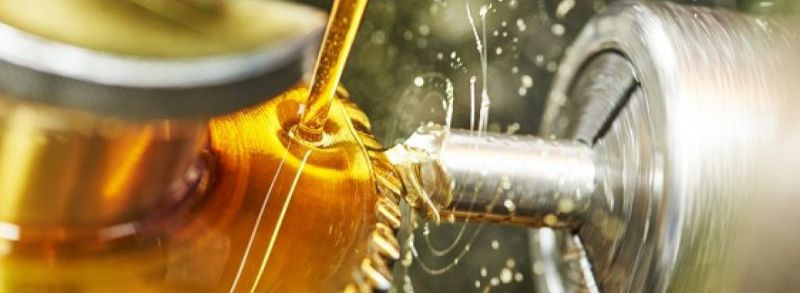Lubricant oils industry

Among the multiple applications of Attsu steam boilers is the production of industrial oils and lubricants with specific chemical compositions and physical properties, to offer better performance and protection than conventional oils. Our industrial heating equipment is used throughout several stages of this process, including extraction, sterilization, purification, distillation, and the evaporation of fats and oils.
In the production of industrial oils, the raw material is heated with the help of steam generated in a boiler. This process may include adjusting the viscosity for extraction. As for the purification of industrial oil, for example, a constant supply of high-pressure and high-temperature steam is also required to separate unwanted components. This can be achieved through vacuum distillation or by removing free fatty acids through the degumming process.
The distillation of crude oil to produce lubricating oils also benefits from the use of steam boilers. During this process, in which the thermal energy provided by the industrial boilers is crucial, the oil is heated and subjected to pressure to separate the components into different fractions, such as naphtha, kerosene, and lubricating oils.
Meanwhile, evaporation is another important part of the lubricating oil production process. Steam boilers provide the necessary energy to evaporate water and other liquids found in crude oil.
Our steam boilers more frequently chosen by our customers from this industry are the following:
The FT boiler is a thermal fluid generator, with vertical execution with three passes and high thermal efficiency.
The FT boiler is a Thermal Fluid Generator, with horizontal execution with three passes and high thermal efficiency.
The ATTSU FTE thermal fluid electric boiler uses electricity for thermal energy. It is transformed into heat by electrical resistances submerged in the thermal fluid with very high thermal performance and very fine working condition adjustments.